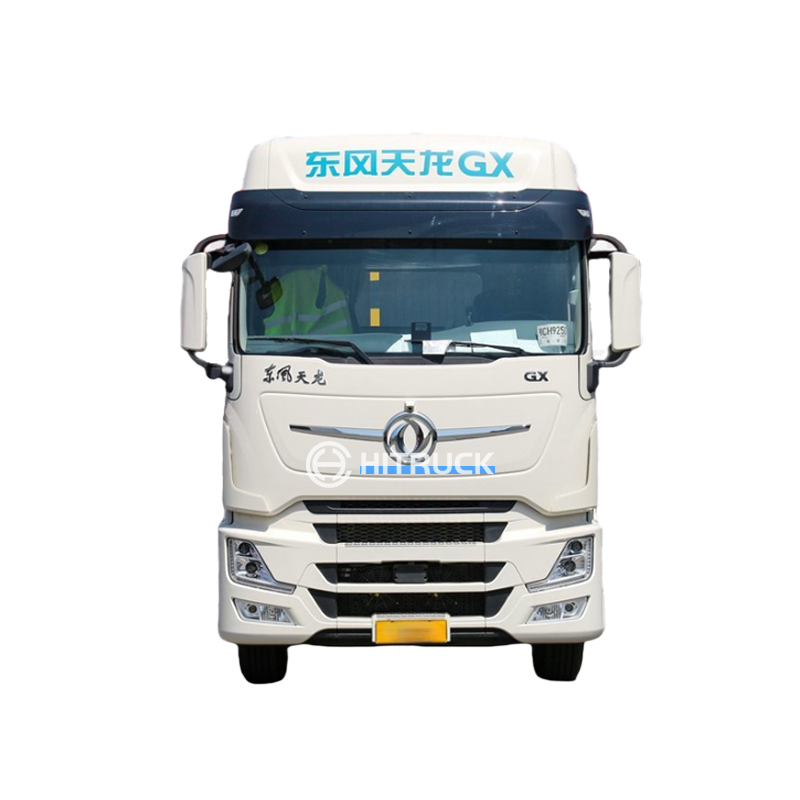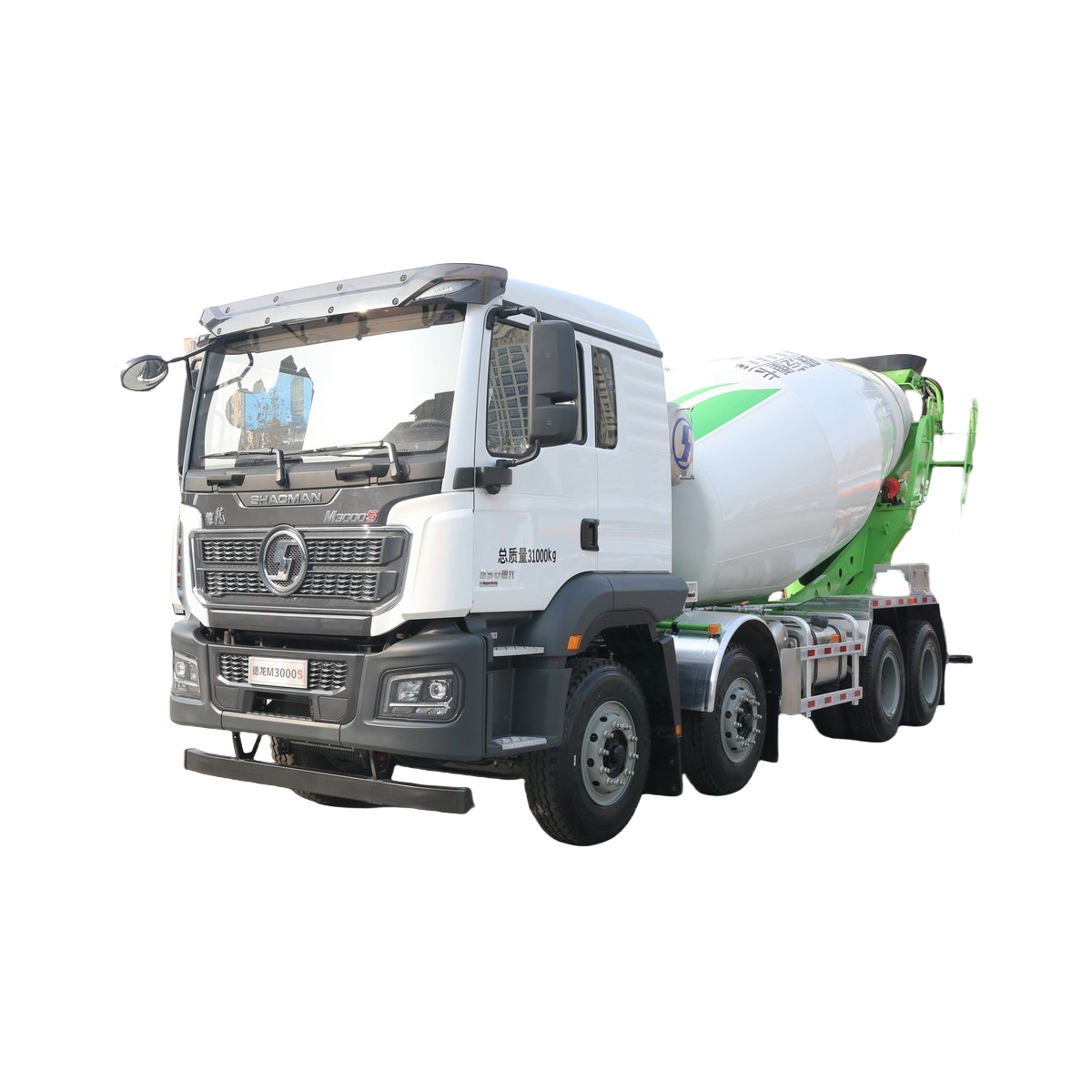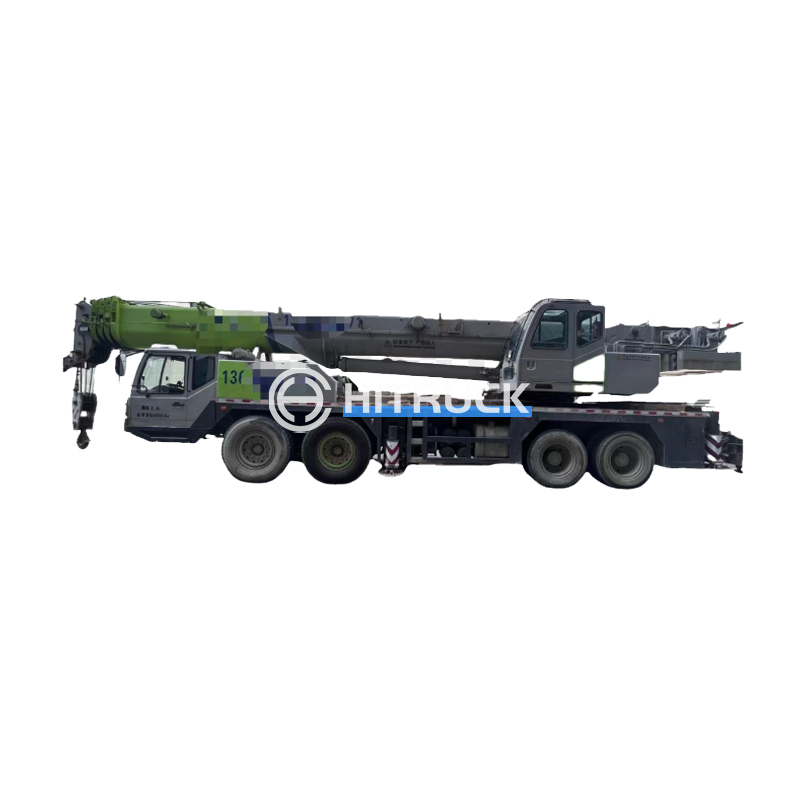This guide provides comprehensive information on 8x4 dump trucks, helping you understand their capabilities, applications, and key considerations when making a purchase. We'll cover various aspects, from engine specifications and payload capacity to maintenance and operational costs, ensuring you're well-informed before investing in this crucial piece of equipment.
An 8x4 dump truck refers to a heavy-duty truck with eight wheels (four axles) designed for transporting large volumes of bulk materials. The 8x4 designation indicates the wheel configuration: eight wheels total, with four of them driving (power axles). This configuration offers superior traction and load-carrying capacity compared to smaller dump trucks. These trucks are commonly used in construction, mining, agriculture, and waste management, handling materials like gravel, sand, soil, and demolition debris.
The power of an 8x4 dump truck's engine is a critical factor. Engine horsepower and torque directly influence the truck's ability to haul heavy loads, navigate challenging terrains, and maintain speed. Higher horsepower and torque translate to better performance in demanding applications. Engine types vary; some use diesel engines known for their fuel efficiency and high torque output. You'll need to research and find the right engine size and type for your needs. For example, a truck used in mountainous terrain will require a more powerful engine compared to one working on flat ground.
The payload capacity of an 8x4 dump truck is determined by its overall design and construction. This specification indicates the maximum weight of material the truck can safely carry. It's crucial to select a truck with a payload capacity that matches your typical hauling requirements. Consider the dimensions of the truck's body, as well as its overall length and height. This will affect its maneuverability on construction sites and roads. Many manufacturers provide detailed specifications on their websites. Carefully reviewing these specifications is essential to avoid overloading the vehicle.
The transmission system and drivetrain significantly influence the 8x4 dump truck's efficiency and performance. Automatic transmissions generally offer smoother operation and less driver fatigue, but manual transmissions may offer better control in challenging situations. The drivetrain configuration (e.g., 4x4, 6x4, 8x4) dictates the number of driven axles, impacting traction and stability, especially when navigating uneven terrain or carrying maximum payload.
8x4 dump trucks are available with various body types, including standard, side-tipping, and rear-tipping options. The choice depends on the specific application and the type of material being transported. Features such as hydraulic tipping systems and tailgate designs also affect efficiency and safety. Consider features like wear-resistant steel bodies for increased longevity.
Selecting the ideal 8x4 dump truck involves careful consideration of several factors. Your choice depends heavily on the type of work you'll be doing. A truck used in construction may need a different set of features than one used for mining or agriculture.
| Feature | Considerations |
|---|---|
| Payload Capacity | Match to typical hauling requirements. |
| Engine Power | Consider terrain and typical load weight. |
| Body Type | Choose based on material type and unloading needs. |
| Maintenance | Factor in cost and availability of parts. |
The ongoing maintenance and operational costs of an 8x4 dump truck are significant factors to consider. Regular servicing, including oil changes, tire rotations, and brake inspections, is crucial for optimal performance and safety. Factor in the cost of fuel, repairs, and potential downtime when estimating the total cost of ownership. Properly maintaining your vehicle extends its operational lifespan.
For a wider selection of heavy-duty trucks, including 8x4 dump trucks, consider visiting Suizhou Haicang Automobile sales Co., LTD. They offer a comprehensive range of vehicles and excellent customer support.
This information is for guidance only. Always consult with a qualified professional for advice tailored to your specific needs and local regulations.












